The average person might believe that the worldwide push to “go green” is coming solely from politicians and concerned citizens. In fact, this is not the case! In recent years, many big-name companies have realized their way towards more sustainable and eco-friendly business practices. Following are 25 well-known companies that are leading the green revolution. In some cases willingly, in other cases somewhat unwillingly, but in all cases green.
1. Bank of America

Bank of America is proving that eco-friendly operations can coexist with business growth. According to their corporate website, the company reduced paper use by 32% from 2000-2005, despite a 24% growth in their customer base! Bank of America also runs an internal recycling program that recycles 30,000 tons of paper each year, good for saving roughly 200,000 trees for each year of the program’s operation. As if that weren’t enough, the company also offers employees a $3,000 cash back reward for buying hybrid vehicles.
2. Ceres

While not technically a business itself, Ceres has advised some of the nation’s biggest corporations and investors on the environmental impact of their operations. Having billed themselves as “the largest coalition of investors, environmental and public interest organizations in North America“, the organization is primarily focused on ensuring that companies accurately disclose the environmental aspects of their business practices to investors and shareholders. Major achievements thus far include persuading Dell Computer to support national product “take back” legislation and convincing Bank of America to spend $20 billion on the growth of eco-friendly business practices.
3. General Electric
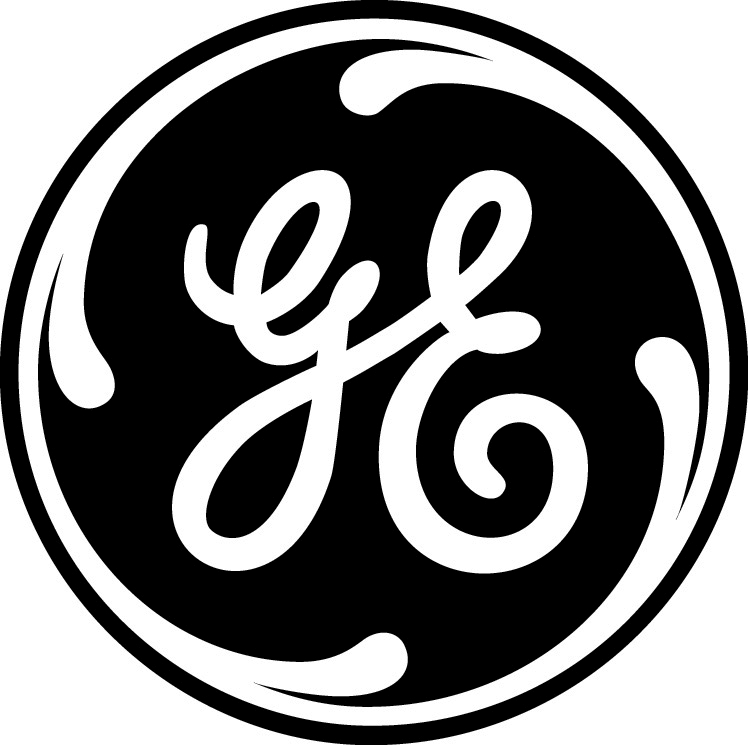
General Electric’s presence on this list might surprise you, but the steps they have taken toward green operations are undeniable. Since 2006, the company has sold over $12 billion of its Ecomagination products (including solar panels). For those who are still upset at GE’s polluting of the Hudson River with polychlorinated biphenyls, the company is also making headway on an ambitious cleanup of that area. Barring further setbacks, the river should be cleaned up to a much better state in just a couple of years!
4. Dupont
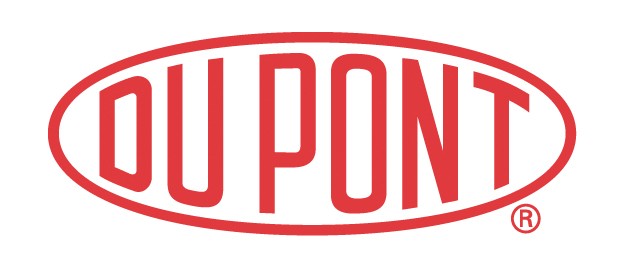
Dupont is another company that has drawn the ire of green advocates for many, many years. However, it now seems that they are taking strides toward more sustainable operations. In addition to drastically lowering its emissions of airborne carcinogens and greenhouse gases, Dupont has appointed an ex-Greenpeace head as an adviser to the board. And true to its word, the company successfully reduced greenhouse gas emissions during the 90’s by 63% – far ahead of the timetable set forth in the controversial Kyoto Protocol.
5. Innovest

Innovest has boldly set out to “reengineer the DNA of Wall Street”, according to executive managing director Matthew J. Kiernan. As William Grieder explains in his book “The Soul of Capitalism”, Innovest grades publicly traded companies for such things as its track record in hazardous waste disposals and past pollution. The overall goal is to give investors a quick gauge on the true eco-friendliness of the companies they are investing in. Interestingly, early data seem to indicate that companies with higher “EcoValue” rankings outperform lower ranked companies as stocks, boasting returns 1.5 to 2.4 percent higher.
6. McDonalds

Time was not long ago when McDonalds wouldn’t have come within striking distance of making this list. However, the increasing public shift toward greener living has sent a clear signal to the powers that be at the popular fast-food chain. Instead of ravaging the natural habitats of animals, McDonalds now works in close collaboration with PETA on systematically reforming its business practices to be more humane and friendly to the environment in which they operate.
7. Home Depot

Home Depot is another ex-offender who has taken great pains to turn things around. Once the Rainforest Action Network identified the company as the world’s largest retailer of old-growth wood products, demonstrations and protests unfolded at Home Depot stores around the nation. When the outcry reached the point of 45,000 customer calls and letters, the bigwigs at Home Depot decided that enough was enough. Within months, the company rolled out a new “no old-growth sales” policy to ensure consumers and activists that the days of harvesting trees from old-growth rainforests were over.
8 . Anheuser-Busch
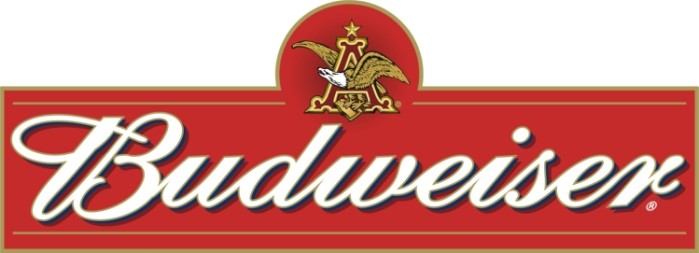
Most people don’t expect much in the way of environmental awareness from their beer company, but that hasn’t stopped Anheuser-Busch from delivering. In his landmark text “Natural Capitalism”, author Paul Hawken shines light on the fact that Busch now saves 21 million pounds of metal per year by trimming an eigth of an inch off the diameter of its beer cans. The best news for beer enthusiasts? “The trimming doesn’t reduce the volume of beer one bit”, says Hawken.
9. Pratt & Whitney
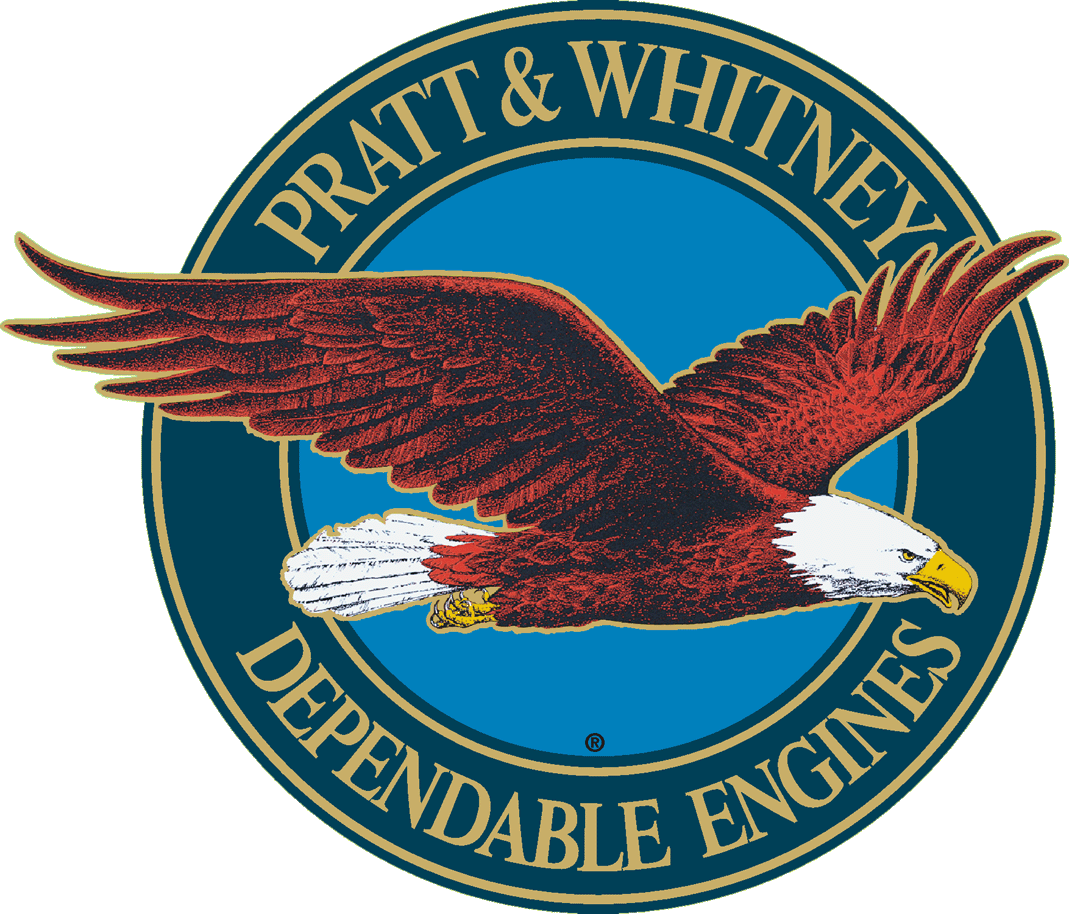
Pratt & Whitney offers another inspiring story of how much raw materials can be saved – and pollution avoided – with a little old-fashioned, hard-nosed ingenuity. As “Natural Capitalism” explains, Pratt & Whitney used to scrap 90 percent of its ingots (that’s right, almost all) in the process of manufacturing jet engine blades. This massive waste continued unabated until someone at Pratt & Whitney had the bright idea to have the supplier simply cast the ingots into ready-made blade-like shapes. This one seemingly small change proved to be transformative, and has lowered the amount of wasted ingots and factory emissions a great deal.
10. Starbucks
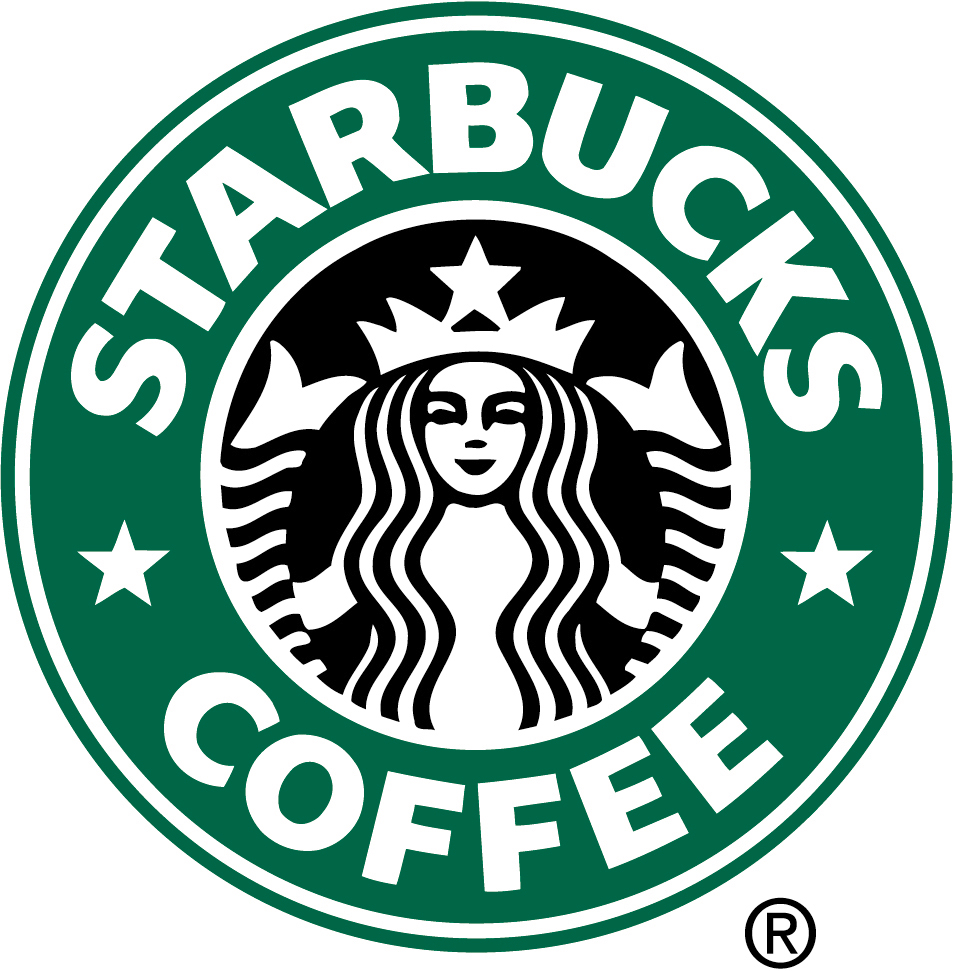
Starbucks has green advocates smiling about its “bean-to-cup” approach, which stresses top efficiency at each link of its global supply chain. By all measures the program appears to be a great success, with the company’s decision to use coffee cup sleeves made of recycled paper saving roughly 78,000 trees per year since 2006. Starbucks has also partnered up with many environmental organizations, from Conservation International to the Earthwatch Institute, in efforts to do right by the communities it operates in.
11. Wal-Mart
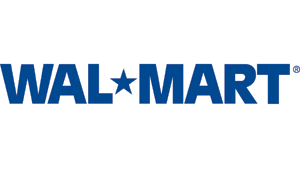
Possibly the most hated name in the entire green movement, Wal-Mart is now positioned to make all but the most dogmatic of its detractors eat their words. According to Sustainablog, Wal-Mart has launched an ambitious long-term plan to eventually power each and every one its stores using 100% renewable energy sources. According to the company’s executives, Wal-Mart is committed to using its waste-eliminating corporate philosophy to make its own operations more eco-friendly than ever.
12. Tesla Motors

Funded by ex-Google and PayPal executives, Tesla Motors is a venture aimed at proving that cars can be environmentally friendly without sacrificing the blazing speed and power enthusiasts love. A visit to their website reveals a tantalizing glimpse of what’s ahead: a 100% electrically powered car that goes from 0-60 in 3.9 seconds, getting the equivalent of 256MPG from its electric charge. The overall cost of running this sleek, green driving machine? A paltry 2 cents per mile
13. Coca-Cola
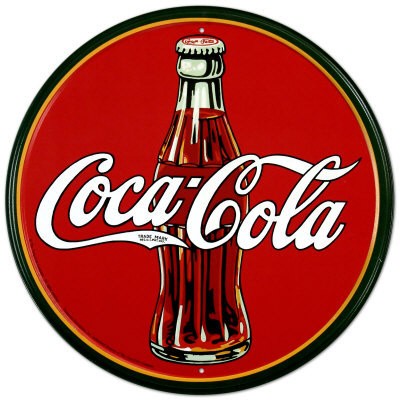
Coca-Cola has narrowed down 3 environmental goals on which to focus their efforts: water stewardship, sustainable packaging, and climate & energy protection. Each of these initiatives is detailed and explained at their corporate website. In just a few years, Coca-Cola has already gotten itself involved in community recycling programs and a complete, sustainability-focused overhaul of its packaging designs.
14. Enterprise Rent-A-Car

A CNN Money piece tells the story of Enterprise Rent-A-Car’s foray into more sustainable business practices. Since January 2008, Enterprise has boasted the world’s largest fleet of fuel-efficient vehicles, over 440,000 of which offer drivers 28MPG or better for highway travel. Roughly 5,000 of those vehicles are gas/electric hybrids, while another 73,000 have the option of being powered on E85 ethanol. In addition to these efforts, Enterprise has promised to plant fifty million trees across America’s forests.
15. Toyota

Toyota is famous for offering the Prius, the world’s first mass-market hybrid vehicle. The popular car is now sold in over 40 countries The Environmental Protection Agency has recognized Toyota’s efforts as well, crowning the Prius and its 48MPG as the most fuel-efficient car available for purchase in the U.S. Similar authorities in the United Kingdom have applauded the Prius, namely the UK Department of Transport, who ranked the vehicle as the third least carbon-emitting auto in the country.
16. Dell

Computer equipment has historically been one of the most difficult and costly products to safely dispose of. Fortunately, one of the major leaders in that field has stepped forward to make the task less daunting. Through its “no computer should go to waste” recycling program, Dell allows customers to return any Dell-branded product back to the company – for free. The company has even gone so far as to establish programs that accept computers, monitors, or printers from other companies for safe disposal, as well.
17. Target

While many retailers are launching plans to “greenify” their operations, Target is taking the fight straight to its store shelves. In May 2008, the company announced plans to launch an “eco-clothing” line at Barney’s, New York. Done in collaboration with eco-fashion designer Rogan Gregory, the clothing line is said to have been created using dynamic fabrics and has been available at Target locations since the end of May.
18. Brooks

Brooks has joined the race to go green by cleverly rolling out a completely biodegradable running shoe. According to a C/Net report, the $140 BioMoGo is just as durable during the time you wear them as any other mass-market shoe. The decomposition doesn’t begin until the shoes are stored in an active enclosed landfill, at which point they will biodegrade in just 20 years instead of the 1,000 years traditional, ethylene vinyl ecetate soles hang around for. If Brooks’ predictions are accurate, the BioMoGo will save up to 30 million pounds of landfill waste over those same 20 years.
19. Honda

According to a CNN Money’s “10 Green Giants” piece, Honda has gone above and beyond in its environmental duties. Going so far as to call Honda “the most fuel-efficient auto company in the US”, CNN tells the story of how Honda is hard at work on the hydrogen fuel cell powered “FCX.” Honda is apparently also taking steps to create an entire infrastructure for hydrogen, looking forward to a day when – hopefully – more cars will be powered by that instead of gasoline. In addition to all of this, Honda has pledged to reduce its carbon dioxide emissions by 5% between 2005-010, and that’s not including that 5% it already achieved from 2000-2005.
20. Continental Airlines

Continental Airlines has spent over $16 billion in the last decade to replace its entire fleet of airplanes with more fuel-efficient ones, in addition to installing fuel-saving “winglets” that cut emissions 5% on its 737 model aircraft. Beyond that, nitrogen oxide emissions from Continental’s busy Houston hub have been sliced by an astounding 75% since the year 2000. Continental might also be the only company with 12 full time “staff environmentalists” on the payroll who are constantly pairing up with engine manufacturers to design greener, more efficient processes into company operations. And is if this weren’t enough, the company makes a point of sorting all of its trash to see what can be recycled.
21. Tesco

This British grocery chain has enlisted its customer base in the fight to go green by offering savings to shoppers who bring reusable shopping bags to their stores. The company has also turned each of its stores into wind-powered, high-recycling, biodiesel truck delivered epicenters of environmental sustainability, running at such high efficiency Ralph Nader would be beside himself. In another major breakthrough, Tesco is aiming to estimate the “carbon costs” of each item it sells.
22. S.C. Johnson
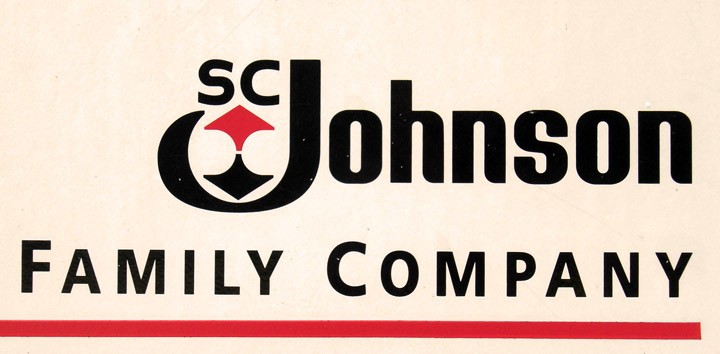
S.C. Johnson, maker of indispensable household products such as Windex, has gone on a mission to lessen the environmental impact of its products. Through their use of the Greenlist Process (a system that ranks your impact on the environment by evaluating the raw materials you use), the company has slashed 1.8 million pounds of volatile organic compounds from its Windex line of products. Another 4 million pounds of polyvinylidene chloride has been eliminated from Saran Wrap, a major drop in harmful chemicals that seep into landfills when they are disposed of. The company has also scaled back its coal-fired plants by working to replace them with natural gas and methane powered facilities.
23. Goldman Sachs

Goldman Sachs was derided by Wall Street insiders for announcing an official environmental policy in 2005, but to this point, it seems like the critics have been silenced. The ultra-profitable bank has parlayed its new found green ethos into a bona-fide profit-center. The firm’s $1.5 million investment in solar, ethanol, and wind have paid off in spades, prompting companies like Kolhberg Kravis Roberts and Texas Pacific to consult Goldman on their own environmentally-focused projects. It is also said that many of the bank’s employees and executives are proud, hybrid-driving motorists.
24. Hewlett-Packard
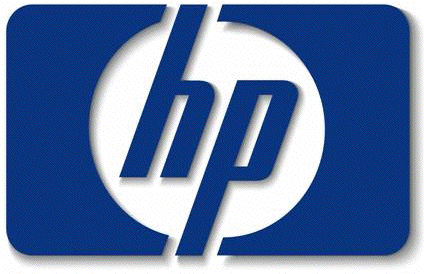
Another computing company staking its claim to greener pastures is Hewlett Packard. The company has gotten out in front of the computer disposal issue by owning and operating enormous “e-waste” recycling plants that shred discarded, obsolete computer products into raw materials that can be recycled into the industrial food chain. HP has also agreed to take back computer equipment of all brands, and taken steps to ensure that its own products are 100% recyclable in the manner discussed above. Furthermore, the company has promised to lower its energy consumption a full 20% by the year 2010.
25. TJX Companies
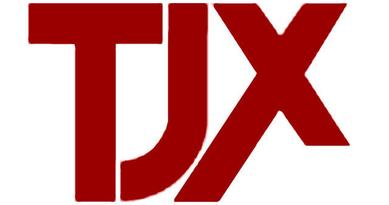
The TJX Companies (such as TJ Maxx, Marshalls, HomeGoods, and Bob’s) have kept their eye on environmentally sound business practices long before it was politically correct to do so. As early as 1988, TJX became an early adopter of electronic ballast technology, a practice that significantly lowered the use of electricity in the company’s stores. TJX also prioritizes lighting conservation at its distribution centers, which use T5 fluorescent bulbs that use 50% less power than non-fluorescents. Beyond lighting, TJX’s distribution centers are purposely structured to recycle the corrugated carboard that comes in from vendors. According to the company’s website, “virtually all our vendor corrugated cardboard is recycled or refused at our distribution centers.”